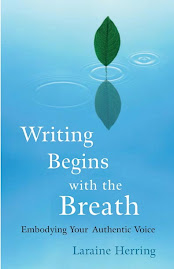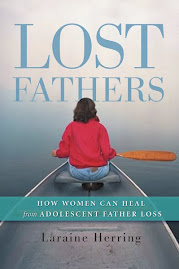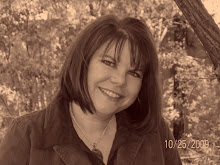It's sunny and cold here today. When I look outside my window and see sun, I realize I'm still conditioned to Phoenix, even after 4 years of being away from it. I expect sun to equal heat, and I'm always surprised when I step outside without a coat in January and have to step back inside to get one. I moved to Prescott to breathe. I moved here because I knew Phoenix would close me in its Venus flytrap jaws and I'd be unable to escape if I didn't move. I moved here because Phoenix closed me.
I am working on a memoir that is gutting me. I have too many well meaning people giving feedback. I am tainting my work with myself. I heard back from my editor at Shambhala last week. Bless her; she wants to publish another book. Bless her; she wants the next book she publishes of mine to sell as well as Writing Begins with the Breath. Bless her; she is trying to help me.
I didn't want to write a memoir. I am a fiction writer, no matter what the world of publishing keeps telling me. I write stories. My editor told me the thread of my book needs to be more elementary than it currently is. Once I find that, she says, the next questions are: what will the reader learn from the memoir? What is the universal appeal of the story? How is the story relevant to other readers?
Do we ask these questions of fiction? Do we distill the gifts a novel gives us into learning outcomes? Yes, I suppose, in some literature classes we do that. What has happened that we now must write to the outcome, rather than write for the experience? Are readers so unsophisticated now that they can't make meaning of the reading experience on their own? Must they have a common thread that can be bulleted on the back panel and touted in a magazine advertisement?
My editor felt many of the more "real" chapters I sent to her were much more compelling than the "supernatural" ones. This observation struck me hard. I realized that I do not distinguish between "real" and "supernatural". I realized I see and hear the ghosts around me, and from that place, I write. To remove the supernatural in favor of the real is impossible, for me. If I didn't have the ghosts, I wouldn't have any stories at all. So I thought about that as a way into the book. If I couldn't have my ghosts, I didn't want to say anything at all. How to convince the East Coast city publishing establishment that ghosts are here -- not just in the South; not just in the West; but in the gleaming metal skyscrapers of Boston too.
I became a writer, or should I say, I uncovered the truth that I am a writer, because I heard the ghosts talking when I was five. I heard them in my bedroom, and the only way to keep them from bugging me all night was to pick up a pencil and try to write down what they were saying. If I couldn't hear them, I would have nothing to say.
I am my first ghost. When I began writing my autobiography in kindergarten, I did it by closing my eyes and watching and listening to my little girl-self who had just spent the day making a macaroni tree for her mother for Christmas. I did it by stepping outside of myself to hear not just what I had already said, but what I had meant to say, and what I wished I had not said. I did it by listening underneath the spoken conversations to what hung in the air, sticky and wet. I did it by watching myself living in many different times and places simultaneously.
Everyone loves a ghost story, or so I thought. Maybe we only like them when we think they aren't "real". Maybe the notion of someone hearing characters as clearly as the whisper of a lover is a bit too much for mainstream America. But what else can you be if you walk here? If you stand between a world of dualism and a world of non-dualism? The writer writes from this place in between. The writer sees, not just what she did, but what she could do. The writer sees her sorrows in the pebbles of Granite Creek. She sees her rage in the crags of Thumb Butte, and her joys in the eyes of a scraggly orange cat. If a writer doesn't see this way, there's no writing, only reporting. If a writer's eyes can't soften to see beyond the world the textbooks tell us is real, then writing really will fall to the level of a commodity -- of a task to be done, or not done. Those of us who write from the soft place cry in the face of spreadsheets and earnings projections and sell-through numbers. Those of us who write from the soft space are reaching out to you, staring, groping for the "skill set" that will allow us to keep going, keep writing, keep sharing.
If we go away, if we stop writing from this place, if we stop hearing the ghosts, you will miss us, but you may not know what you have missed until we are too far gone for you to conjure us back. If you no longer let us show you our ghosts so you can touch your own, if only for the time it takes you to read 250 pages, you will find yourself dry and barren. You will find yourself lost, a ghost, hoping for an ear to hear you, a soft eye to see you. Hoping. Hoping.
Subscribe to:
Post Comments (Atom)











No comments:
Post a Comment